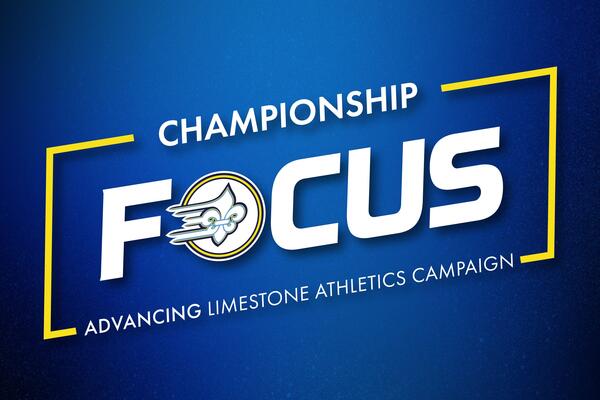May 13th, 2019
Liberal Arts | Why it Matters

As you begin researching colleges and universities, you may have come across some that distinguish themselves as rooted in “liberal arts.” If you’re wondering about what the “liberal arts” means, why it’s important, and how it could be beneficial for you, keep reading! We’ve answered the most common questions about why you should choose a liberal arts education.
So what does “liberal arts” mean?
The term “liberal arts” refers to academic subjects like literature, philosophy, math, social, and physical sciences. Those subjects are placed in a category separate from professional and technical subjects. Classes about foreign language, world history, or religion are often considered to be liberal arts, whereas classes teaching engineering or other trades and skills are not. Liberal arts are all about studying a wide range of subjects to pursue your curiosity and expand your worldview.
And why does it matter?
Well, a liberal arts education can be beneficial if you’re unsure about what you want to study at college. You’ll have the opportunity to take a lot of different classes, whereas if you went to another kind of college and went straight into a certain profession or trade, you may not. Some people also argue that a liberal arts education is more holistic. You’ll learn about culture, literature, language, history, and more.
So, why should I choose a liberal arts school?
If you are narrowing down your college choices, a liberal arts school should stand out for a few reasons. If you aren’t dead set on a particular major that requires specialized schooling (like engineering or aeronautics), a liberal arts education can be beneficial as you explore your interests. Liberal arts schools typically attract a diverse student body, so you’ll have to opportunity to build relationships with people from all over the world. In addition, there are many clubs and organizations that you can join in your free time. Liberal arts schools are proud of what makes them different from every other college or university, so make sure that you do your research when you’re looking at schools.
Well, what does a “liberal arts education” look like?
It looks different from college to college! That’s the fantastic thing about a liberal arts education – yours won’t be identical to anyone else’s. You’ll take the same core classes as other students in your major and graduate with the same degree, but there is so much room for customization that you will end up with a unique experience. Liberal arts schools tend to place an emphasis on study abroad and professional experiences like internships, so you’ll likely be encouraged to participate in those. A liberal arts education occurs outside of the classroom as well. Through service projects, clubs, organizations, or mission trips, you may find yourself giving back to the community or serving others in fulfillment of the liberal arts.
Okay, will I have to take classes I don’t like?
Not necessarily! Most curriculums have many choices built in so you can take what you prefer. Since liberal arts is designed to provide a broad overview of a variety of subjects, chances are you won’t be taking classes like Integrated Calculus your freshman year (unless of course, you’d like to.) Classes like Western Civilization or Rhetoric? Those are more likely. Plus, what you like and dislike academically can change between college and high school. Liberal arts professors tend to prefer discussion-based classes with small class sizes, making it less like your typical lecture-style class. This makes a difference when it comes to enjoying your classes.
Will it take me longer to graduate?
In general, no! Now, if you change your major once a year then your graduation date may get pushed further back. But if you declare a major in a timely manner (depending on your college, this can be as early as your freshman year or as late as your junior year) and do well in classes, you’ll finish right on track. Don’t believe the misconception that a liberal arts education means you will take a higher number of classes than your peers at a different institution. Yes, you may take more classes in literature or culture, but that doesn’t mean more classes by numbers.
What are the benefits of a liberal arts education?
There are so many benefits to a liberal arts education. Your major course of study won’t just consist of the core classes you need to know the basics. You will be challenged every step of the way to think deeper, solve problems in creative ways, and think critically about issues. As a student at a liberal arts college, you will participate in life-changing experiences that shape your perspective on the world we live in. After four years of study, you won’t leave with just a degree. You’ll leave with a sense of purpose, a clear direction, and the tools needed to pursue your goals. Any college or university can prepare you for the workforce, but a liberal arts education prepares you for the “real world.”
Ready to learn more about a liberal arts education at Limestone? Chat with one of our experts today!


